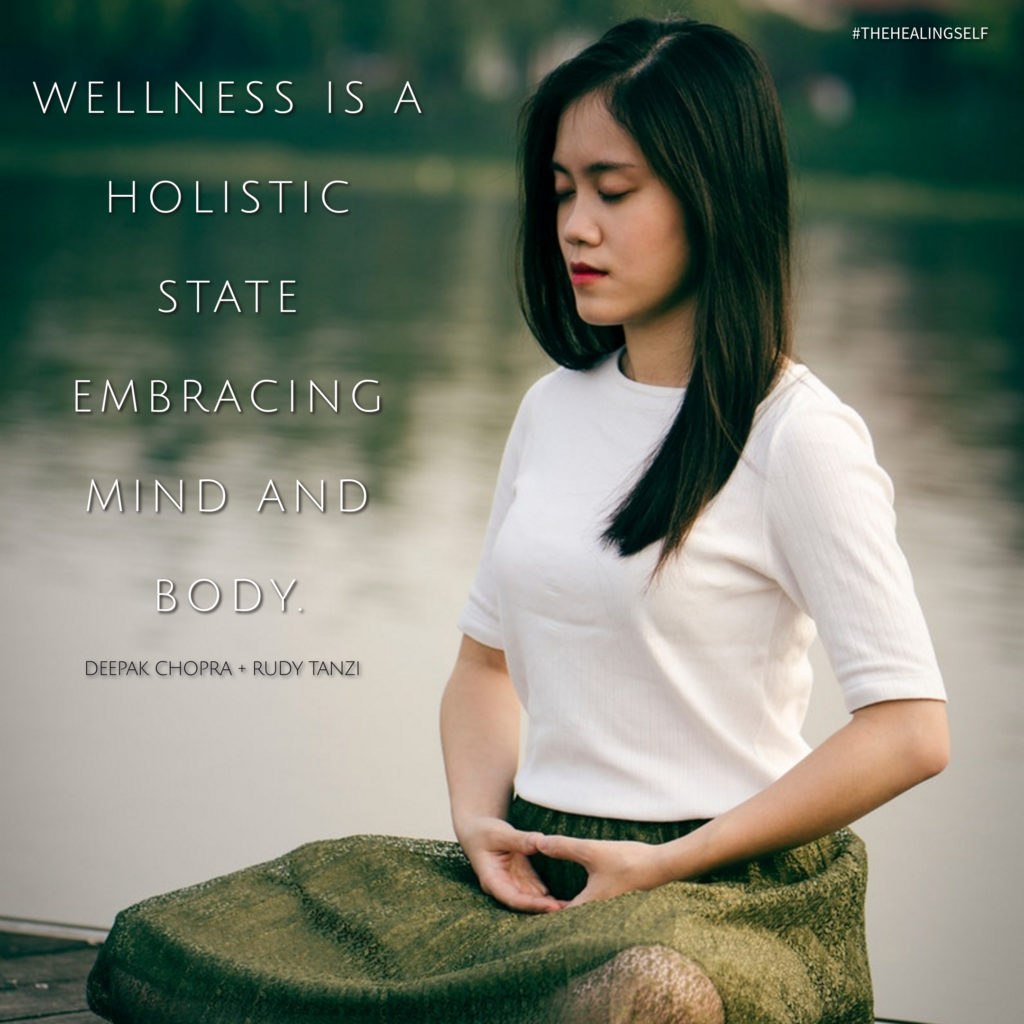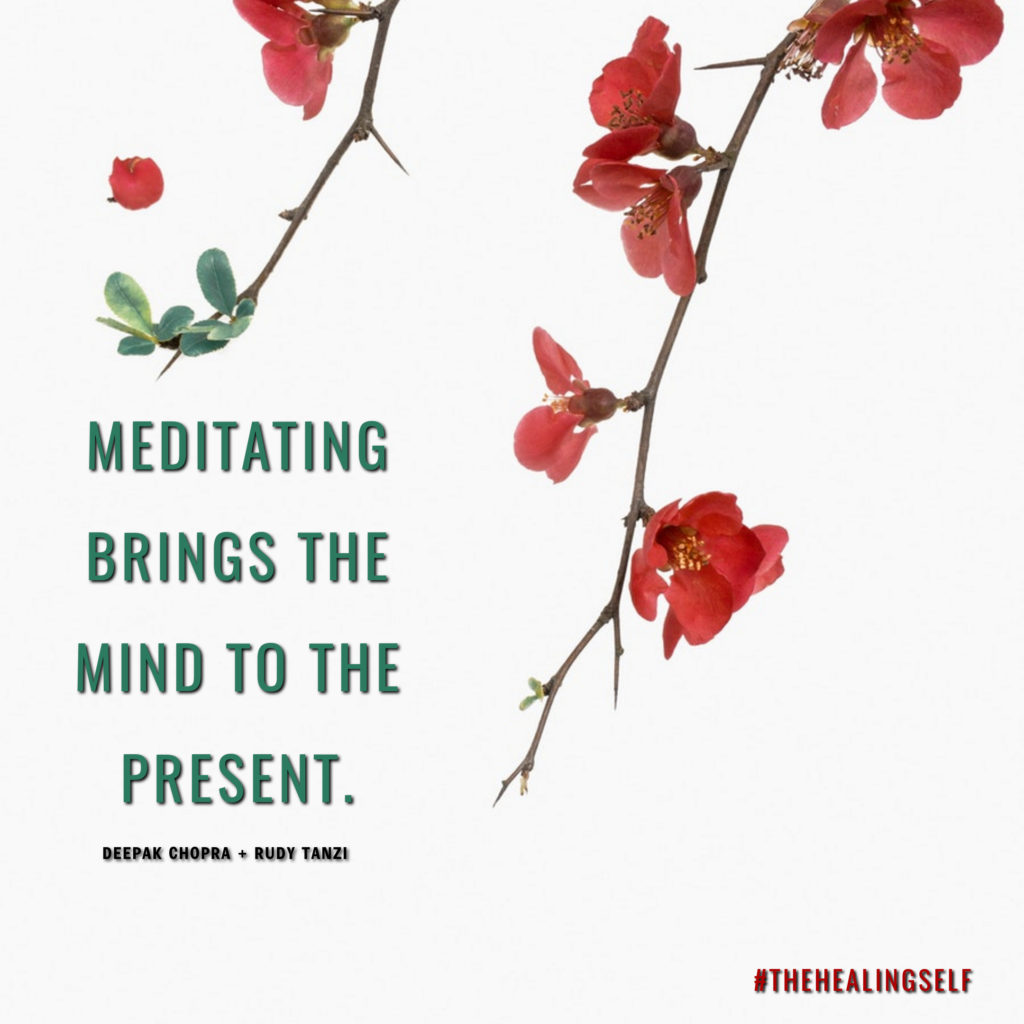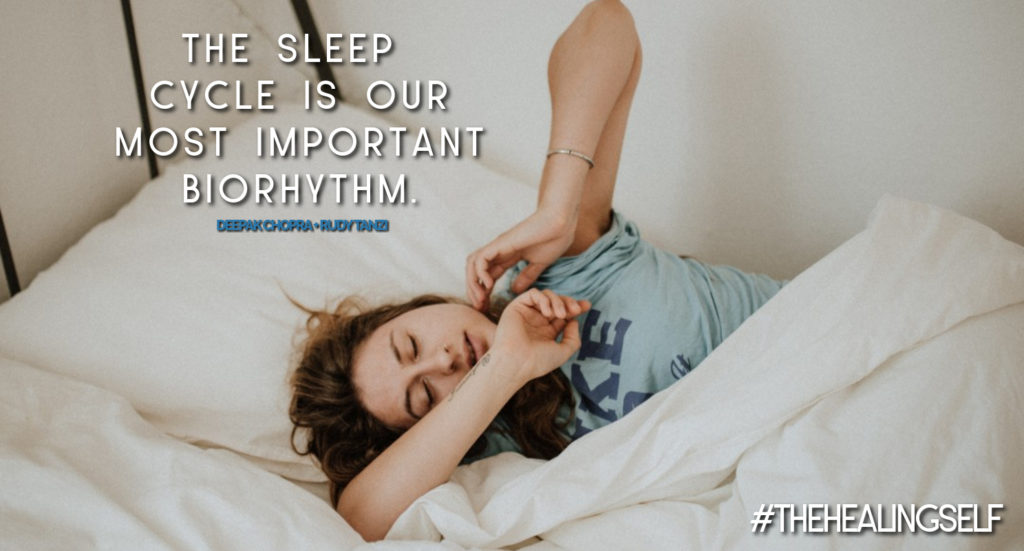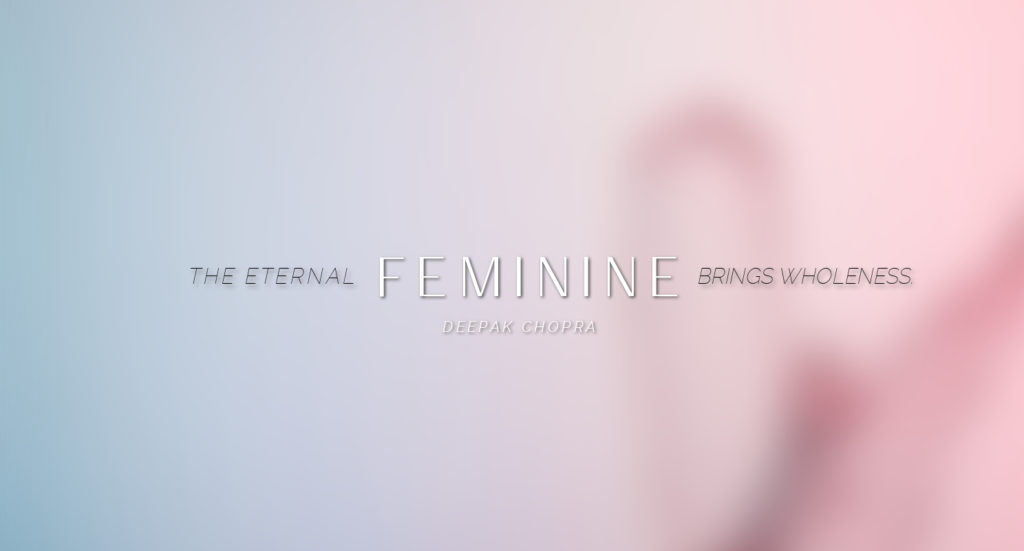 By Deepak Chopra, MD
By Deepak Chopra, MD
A genuine social upheaval has begun, its theme is the empowerment of women. Old attitudes that have resulted in many kinds of unfairness are being challenged. The long-suppressed outrage of sexual harassment has been exposed to the light of day. No one with a heart and a conscience can do anything but respond with encouragement. It’s about time.
Rising from a position of weakness to become stronger, turning old wounds into a source of healing—these are important changes in anyone’s life. The eternal feminine has been a running thread in human culture for thousands of years, but each generation has to reinterpret it, and at the moment, embedded in a secular society where daily demands and distractions are the rule, envisioning the eternal feminine requires going deeper into our self-awareness.
Everyone’s source is pure awareness, which has no gender. When pure awareness manifests into creation, gender isn’t in evidence, either. When you wake up from deep sleep and become aware of your existence, the experience has no labels. The issues of masculine and feminine enter in a social context, defined by your beliefs, attitudes, and mental conditioning. To be a woman is to be a creation of many factors, going far beyond the physiological.
The eternal feminine isn’t found in any kind of belief, attitude, or conditioning, however. It isn’t restricted to women, because in reality the eternal feminine is part of everyone’s wholeness. When we divide women as being from Venus and men from Mars, that wholeness has been lost. In order to truly love women, and for them to love themselves, both sexes must nurture the universal values that belong to the eternal feminine. Every human quality that we cherish has a pure source, and the closer you are to the source, the more intense, personal, and lasting your values will be.
What does the eternal feminine add to everyone’s life? In one way or another we express the eternal feminine wherever there is motherliness, inner beauty, devotion, nurturing, loving kindness, inspiration, and creativity. The Goddess has always been about these things. When the feminine is ignored, distorted, or wounded, the same values are undermined. Hardness, cruelty, war, ruthless competitiveness—it’s not that these are bad masculine values. They are exaggerated and divorced from wholeness.
On the individual level, the loss of the eternal feminine can be devastating. There is an imbalance toward the masculine, which no one can sustain without damaging their capacity for loving acceptance, beginning with self-acceptance. I doubt there is anyone, man or woman, who can’t benefit from healing their feminine side. We regain wholeness in meditation, yet it is in daily life, where we apply self-awareness, that healing steps can be taken.
Take a moment every day and look through the feminine values I’ve listed above. Think of one value you’d like to encourage and enhance, then make a mental note of the action you’ll take that day to implement it. At night before you go to bed, reflect on your day to see if you carried out the action you planed. If so, how did it make you feel?
Here are some suggestions about how you might carry out healing the feminine side of wholeness:
Motherliness is warm, caring, accepting, and embracing. You might show someone close to you that you care by listening without judgment. You might include a person who seems like an outsider to your group and make them feel welcome.
Inner beauty is about letting the light of your awareness shine through. The key is to find the courage to show your true self to others, dropping the social mask to reveal sympathy, innocence, openness, and your joy in life.
Devotion is about the heart’s need to surrender to something outside yourself, pouring out love and appreciation. Devotion is private and happens in silent communion. It doesn’t have to be showy or even outwardly expressed. But when you feel the impulse to express loving devotion, act upon it.
Nurturing is about all the things a mother does to raise her child, and we often identify it with helping the young. But adults also need support, encouragement, protection from harm, and wise guidance. These are nurturing values too often neglected in our relationships. We forget that the child within us hasn’t vanished with the passage of time. So acting as a nurturing figure in anyone else’s life is deeply appreciated.
Loving kindness is about compassion, and the values that flow from it, such as empathy, acceptance, and non-judgment. Being easy with yourself and ending your own self-judgment are acts of loving kindness. The same is true when you extend the same attitude to others. As exalted as compassion sounds, it comes down to deciding that you are on the side of acceptance and kindness rather than judgment and harshness.
Inspiration and creativity are about making life new by living from the source. We make a mistake setting creativity apart as the domain of artists. Pure consciousness endlessly creates, and every day can be based on the flow of renewal. The opposite of renewal is habit, routine, mental conditioning, and fixed beliefs. So rather than struggling to be more creative, use your efforts to remove the obstacles that block inspiration and creativity. Once you stop identifying with habit and routine, life’s freshness returns naturally, like water gushing from a spring.
Deepak Chopra MD, FACP, founder of The Chopra Foundation and co-founder of The Chopra Center for Wellbeing, is a world-renowned pioneer in integrative medicine and personal transformation, and is Board Certified in Internal Medicine, Endocrinology and Metabolism. He is a Fellow of the American College of Physicians and a member of the American Association of Clinical Endocrinologists. Chopra is the author of more than 80 books translated into over 43 languages, including numerous New York Times bestsellers. His latest books are The Healing Self co-authored with Rudy Tanzi, Ph.D. and Quantum Healing (Revised and Updated): Exploring the Frontiers of Mind/Body Medicine. www.deepakchopra.com

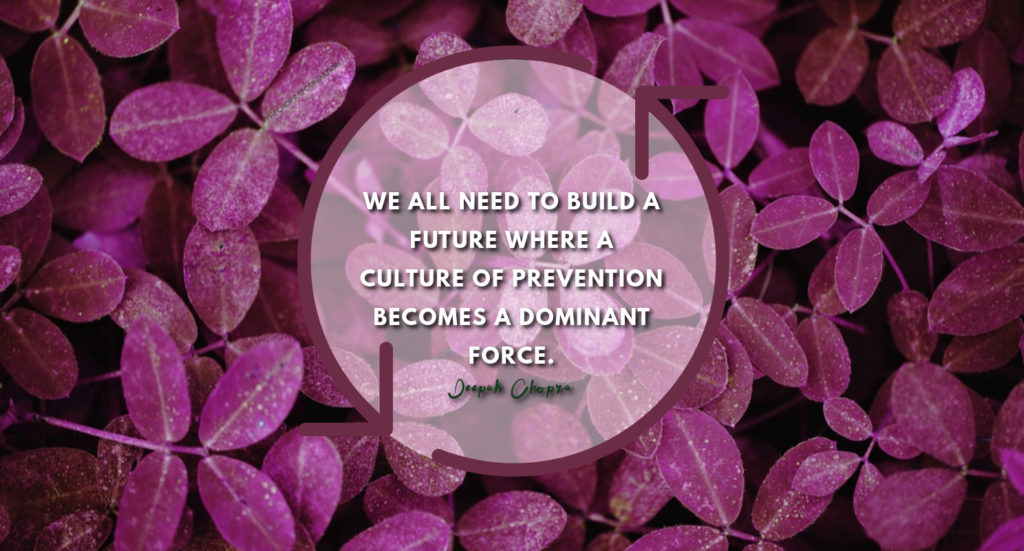 By Deepak Chopra, MD
By Deepak Chopra, MD